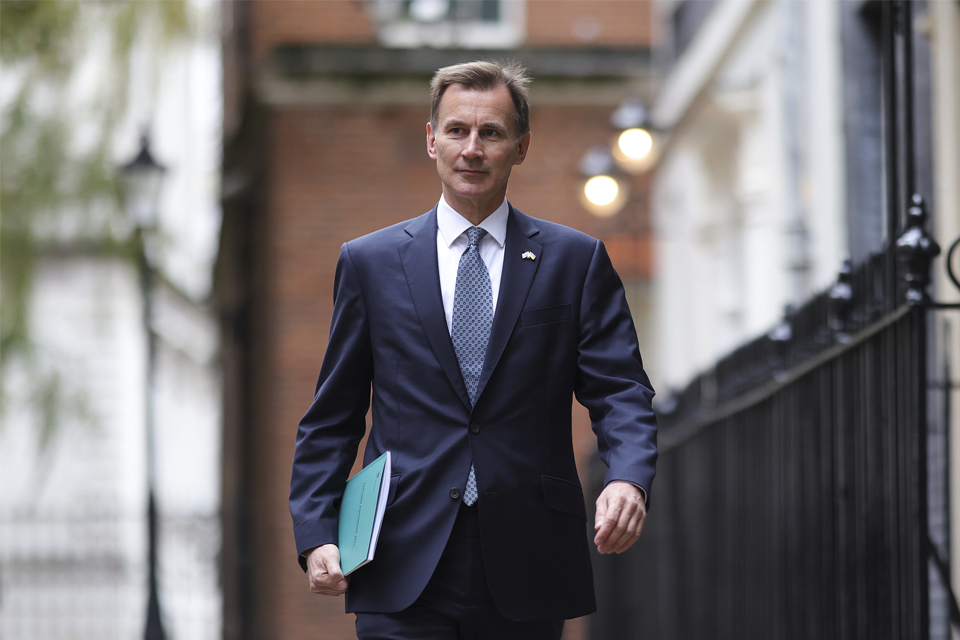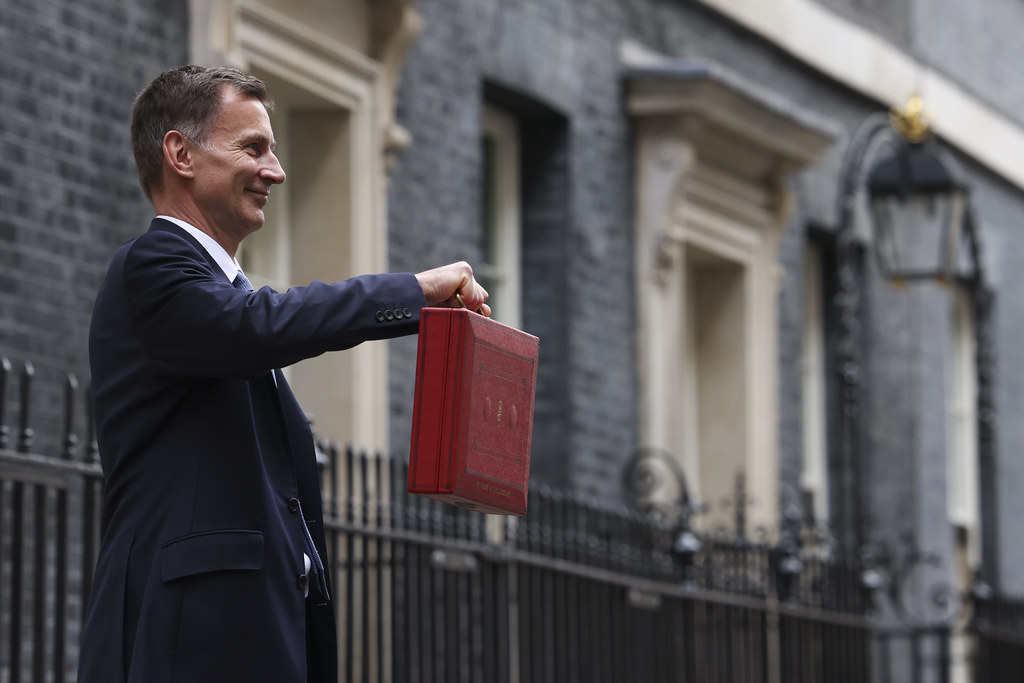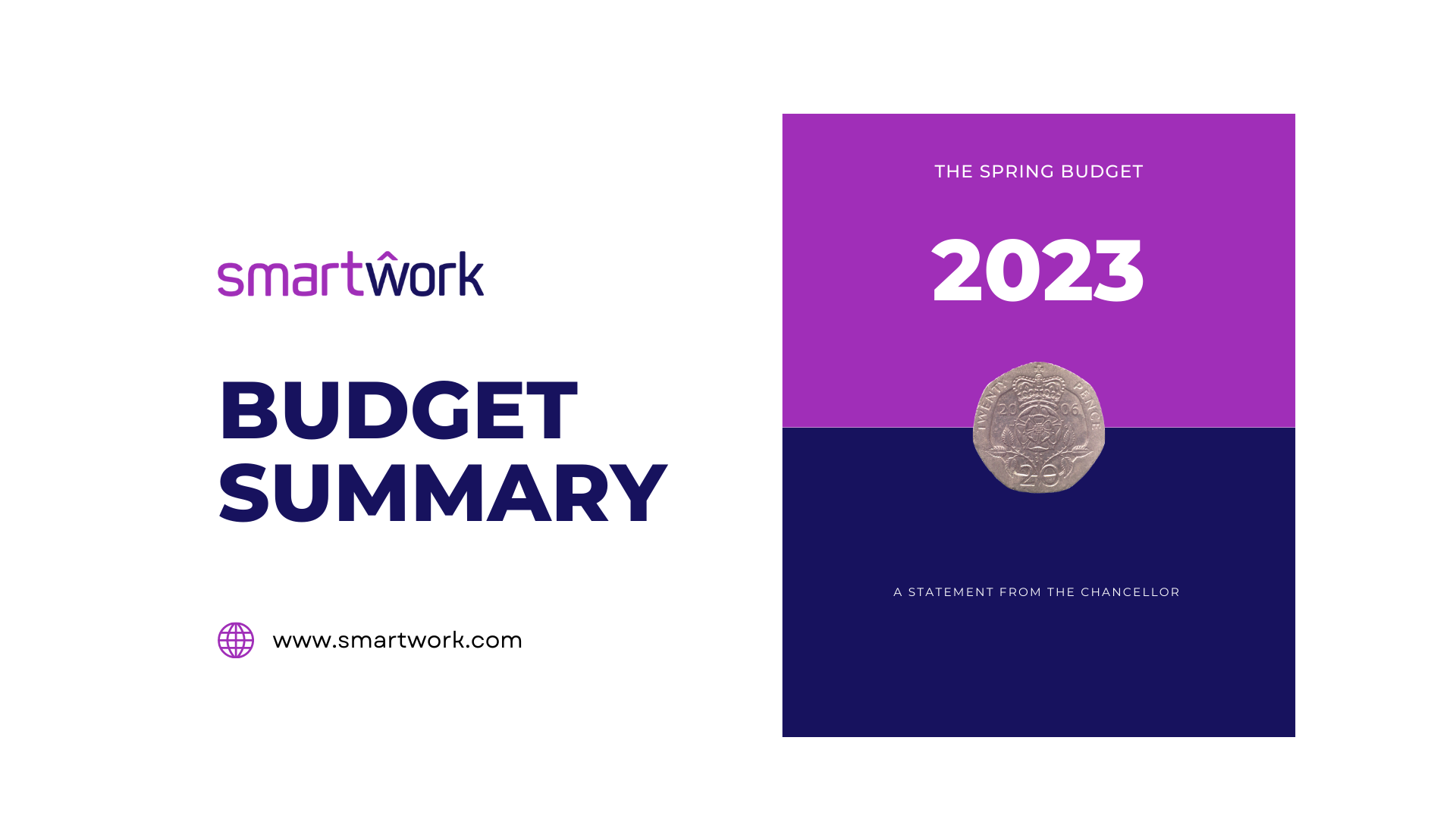The Autumn Statement for 2023, presented by Jeremy Hunt on November 22nd, brought forth a series of significant announcements that will impact the income of numerous households across the nation, including umbrella workers.
One of the most noteworthy points is the implementation of sweeping tax cuts, set to commence in January. These cuts entail a reduction in the main rate of National Insurance from 12% to 10%, which is expected to benefit approximately 27 million workers.
Here are the details and how they will affect you:
Tax:
- Effective from 6 January, the main rate of National Insurance has been reduced from 12% to 10%, impacting a total of 27 million individuals.
Comment:
Employees who are below the pension age and earn less than £12,570 annually are exempt from paying National Insurance (NI). Similarly, individuals who have reached the state pension age are also not required to pay NI, even if they continue to work.
For employees earning between £12,570 and £50,268, the current NI rate is 12% on their earnings, with an additional 2% applied to earnings above that threshold. Starting from 6 January, the initial contribution rate will be reduced from 12% to 10%. This change is expected to result in a £450 saving for someone earning an average salary of £35,000, according to the chancellor.
It is important to note that this reduction only partially offsets the freeze on NI and income tax bands, which will remain in effect until 2028. Consequently, any increase in salary could potentially push individuals into a higher tax bracket or result in a larger portion of their income being subject to taxation.
- Starting in April, the Class 2 National Insurance, which is paid by self-employed individuals earning more than £12,570, will be abolished.
- Additionally, the Class 4 National Insurance, paid by self-employed individuals on profits between £12,570 and £50,270, will be reduced from 9% to 8% from April.
- In April, there will be an increase in pay for those on the lowest incomes. The National Living Wage for individuals over the age of 23 will rise from £10.42 an hour to £11.44 an hour.
Comment:
The biggest increase will be received by 21 and 22-year-olds who will now be eligible for the National Living Wage for the first time, receiving £11.44 an hour, up from £10.18 an hour. Additionally, the National Minimum Wage for 18 to 20-year-olds will increase from £7.49 to £8.60 an hour, while under-18s will receive a pay rise from £5.28 to £6.40 an hour. The apprentice rate will also increase from £5.28 to £6.40 an hour and will apply to individuals under the age of 19 or those over 19 in the first year of their apprenticeship. Employers will be responsible for covering the cost of these increases, although the government, as a major employer, will also be affected.
- The government has outlined plans to streamline and enhance the individual Saving Account (ISA) schemes. These changes aim to simplify the process, minimize complexity, and broaden the range of investments eligible for inclusion in ISAs. Starting from April 2024, individuals will be permitted to make multiple subscriptions to ISAs of the same type each tax year. Additionally, the government intends to digitize the ISA reporting system, paving the way for the creation of digital tools that will assist investors in their financial endeavours.
- Starting from the tax year 2024 to 2025, individuals earning over £150,000 through PAYE will no longer have to file a Self Assessment return for Income Tax, unless there are other circumstances that require them to do so. This change comes alongside the previous increase in the threshold from £100,000 to £150,000, which came into effect in the tax year 2023 to 2024.
Benefits:
- From April, Universal Credit and other working-age benefits in England and Wales will receive a 6.7% boost, matching the inflation rate of September.
- Local Housing Allowance rates will be raised to 30% of local rents and will no longer be frozen. The allowance determines how much help people who rent privately get towards the cost through housing benefits or universal credit.
- The Work Capability Assessment will be revamped to reflect the availability of remote work options in the aftermath of the COVID-19 pandemic.
- Over the next five years, £1.3 billion will be allocated to help individuals with health conditions secure employment.
- An additional £1.3 billion will be provided to support those who have been jobless for more than a year.
Comment:
The government has pre-planned a proposal to motivate individuals to seek employment, which will be included in their upcoming speech. Starting from the end of next year, those who are unable to secure a job for over 18 months will be required to participate in work experience programs. Certain beneficiaries who decline job offers or refuse to cooperate with job centre personnel will have to reapply for benefits and will lose access to them temporarily.
The proposal will need to be authorized by MPs. Additionally, there will be a revision of regulations for individuals who are currently receiving benefits due to health issues that prevent them from working.
- Starting in April, state pension payments will increase by 8.5%, in line with average earnings.
Comment:
There has been considerable speculation regarding the increase in the state pension next April. However, Mr Hunt has confirmed that he will adhere to the traditional increase as per the triple-lock system. Starting from April 2024, the state pension will amount to:
£221.20 per week for the full, new flat-rate state pension (for individuals who reached state pension age after April 2016).
£169.50 per week for the full, old basic state pension (for individuals who reached state pension age before April 2016).
- A consultation will be held to determine whether savers should be allowed to choose the pension scheme their employer contributes to, potentially enabling them to have a single pension pot for life.
Cost of living:
- An extra 10% increase will be imposed on hand-rolling tobacco duty, while beer, cider, wine, and spirits will remain at the same rate until August next year, which is a year after the last increase.
- No mention was made regarding cost-of-living payments, which have been a crucial support for many individuals with low incomes.
- Pensioners will receive another payment this winter, and low-income individuals on benefits will receive one in the spring. However, there are currently no definite plans for additional financial assistance aimed at helping people cover their expenses.
Economy:
The Chancellor’s comprehensive plan encompasses a total of 110 measures that are specifically designed to stimulate economic growth.
- According to the independent Office for Budget Responsibility (OBR), the economy is projected to expand by 0.6% this year and 0.7% next year. This growth is expected to gradually increase to 1.4% in 2025, followed by 1.9% in 2026, 2% in 2027, and 1.7% in 2028.
- In terms of inflation, the OBR forecasts that headline inflation, which represents the rate at which prices are rising, will decrease to 2.8% by the end of 2024. Furthermore, it is anticipated to reach the Bank of England’s target rate of 2% in 2025.
Comment:
In recent times, the cost of living has been heavily impacted by the sharp increase in prices, particularly for essential items like food. According to official figures, food prices have risen by 30% compared to two years ago. However, the Office for Budget Responsibility (OBR), an independent forecaster for the government, predicts that the inflation rate, which measures the cost of living, will decrease to 2.8% by the end of next year, after peaking at over 11% in October 2020. It’s important to note that this is just a forecast and not a certainty.
The inflation target is set at 2%, which the OBR expects to be achieved by 2025. While prices will continue to rise, they won’t do so as rapidly as before. On Thursday, we may hear of another price increase when the energy regulator Ofgem is expected to permit suppliers to charge more for domestic gas and electricity from January to March. All of these factors influence the Bank of England’s decisions when setting interest rates, which in turn affects the cost of borrowing money, including mortgage rates.
In the end, according to the OBR, real living standards, quantified by the per capita disposable income of households, are projected to experience a 3.5% decline in 2024-25 compared to their level before the pandemic. This reduction in real living standards is the most significant decrease recorded since the 1950s when official records began.
- Regarding the underlying debt, it is projected to be 91.6% of GDP next year, followed by 92.7% in 2024-25, 93.2% in 2026-27, and then decline to 92.8% in 2028-29.
- In terms of borrowing, the forecast indicates a decrease from 4.5% of GDP in 2023-24 to 3% in 2024-25, 2.7% in 2025-26, 2.3% in 2026-27, 1.6% in 2027-28, and 1.1% in 2028-29.
We hope you find this summary helpful. For more relevant content aimed at freelancers and contractors, please visit the blog section of our website and follow us on LinkedIn, and Twitter so you can see when we post a new article.
If you have any questions about umbrella employment, all you have to do is contact one of our business managers by calling 0800 434 6446. Alternatively, you can email us at info@smartwork.com.



